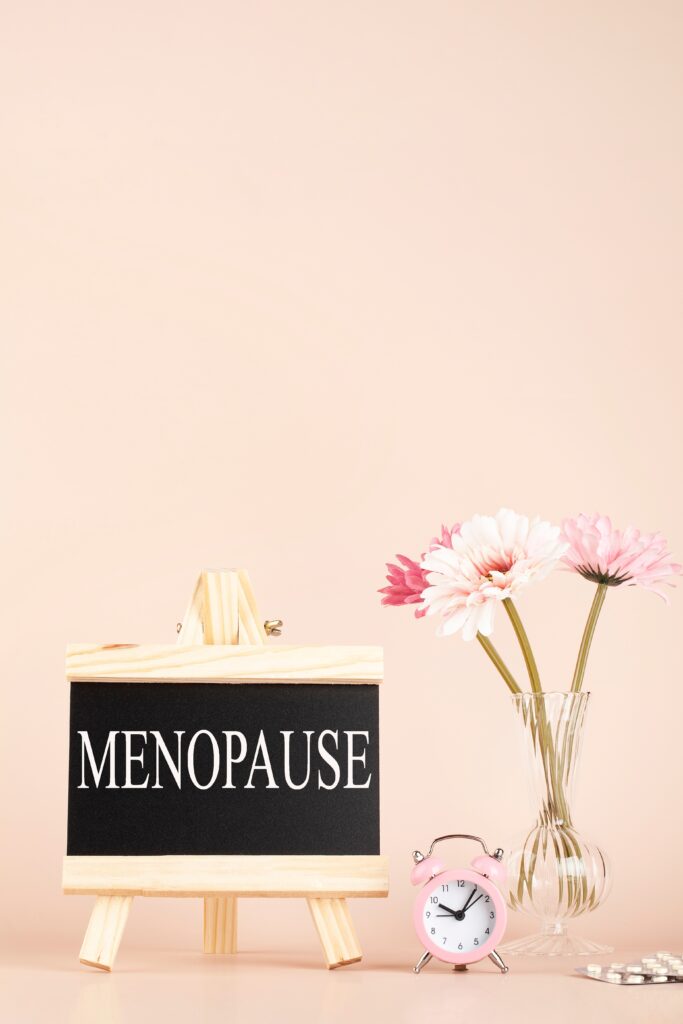Problems with skin pigmentation and hyperpigmentation can be frustrating to deal with, especially when it can be so hard to get rid of. But what is hyperpigmentation and what does sun damage have to do with it?
In this blog, you’ll discover how the sun can damage your skin and cause not only hyperpigmentation but other skin issues such as wrinkles. You’ll also find out more about skincare tips and how to have healthy skin.
To start off, let’s take a closer look at what skin hyperpigmentation is exactly.
What Is Skin Pigmentation?
Skin pigmentation is the color of your skin. Hyperpigmentation means that part of your skin is darker than the rest of your skin. Some spots of hyperpigmentation can easily be covered up with makeup or lightened over time with skincare products, but others may be too large to deal with and very hard to get rid of.
Beyond freckles, other common types of hyperpigmentation include age spots or sunspots. Anyone, regardless of their natural skin tone, can develop different types of hyperpigmentation.

But what causes pigmentation in the first place and is there anything you can do to prevent it?
Your skin cells naturally produce a substance known as melanin. Melanin is dark and your skin cells usually produce it when they are exposed to the sun. Depending on your ethnic background, your skin may have more or less melanin which allows for variations in skin colour.
A common form of hyperpigmentation is a suntan. When you sit out in the sun for a period of time, your skin will eventually darken as your skin cells will be busy producing more melanin. However, it’s not only the sun that can cause your skin cells to produce melanin.
Abnormal hyperpigmentation can be caused by other health factors or conditions. If you have a problem with your skin cells, they can start to produce melanin when they’re not supposed to. For example, adrenal disorders can cause uneven skin tone and hyperpigmentation due to there not being enough cortisol in the body.
Sun damage and hormonal changes are also important contributors to hyperpigmentation. Pregnant women especially tend to suffer from a type of hyperpigmentation called melasma due to their fluctuating hormones.
How Can The Sun Damage Your Skin?

As previously mentioned, the sun is a big problem when it comes to hyperpigmentation. When you spend too much time in the sun, ultraviolet rays can cause damage to your skin in various ways.
Damage occurs when the sun burns your skin. Sunburn is when the sun pierces beyond the protective layers of skin containing melanin and instead reaches the deeper and more vulnerable skin layers. When the sun damages these deeper layers, your skin will start to lose some of its elasticity.
Sun can also accelerate the aging process. . As the sun damages your skin on a cellular level and reduces your skin’s elasticity (which is important for youthful skin), you are more likely to wrinkle prematurely. Your skin may also become much looser and thinner as you spend more time in the sun.
So, besides staying out of the sun, what else can you do to protect your skin from the sun’s rays and hyperpigmentation in general?
How To Take Care Of Your Skin
Skin rejuvenation and caring for your skin are essential if you want your skin to look good in the future.. Most importantly, if you plan on going out in the sun, even for a few moments, you should always put on sunscreen to ensure that your skin is fully protected. NZ’s harsh UV index means your skin is exposed to the harmful rays of the sun all year round.
Regularly moisturising using a replenishing moisturiser will help to minimise the appearance of fine lines and wrinkles. We like asap hydrating defence moisturiser SPF50+ as it replenishes essential moisture, while providing broad spectrum SPF50+ protection including Zinc . The effective anti-ageing ingredient Hyaluronic Acid improves hydration reducing the appearance of fine lines and wrinkles while super replenishing antioxidant Niacinamide helps to improve skin elasticity.
But what can you do about your hyperpigmentation?
We have a range of products available that are specifically designed to help with skin pigmentation. We’ve recently introduced the MeLine brand to the clinic, one of the only brands specialising in skincare to treat hyperpigmentation. The active ingredients in MeLine products work to control melanin synthesis and pigment deposits.
If you have serious hyperpigmentation problems, we recommend booking a FREE 15 minute consultation with one of our therapists to discuss the treatment options that would best suit you.
Treatment options that may be appropriate can include skin peels and dermal needling. These treatments usually aim to remove the old, hyperpigmented layers of skin while stimulating fresh, new skin to grow.
Everything You Need To Know About Sun Damage and Skin Pigmentation
You should now know everything you need to know about skin pigmentation and sun damage. If you suffer from skin hyperpigmentation, Bloom can help. With trained professionals, multiple treatment options and tailored skincare programmes to suit your specific needs, your hyperpigmentation can be a problem of the past.
Book a FREE 15-minute consultation with one of our therapists to discuss the options that are right for you.



